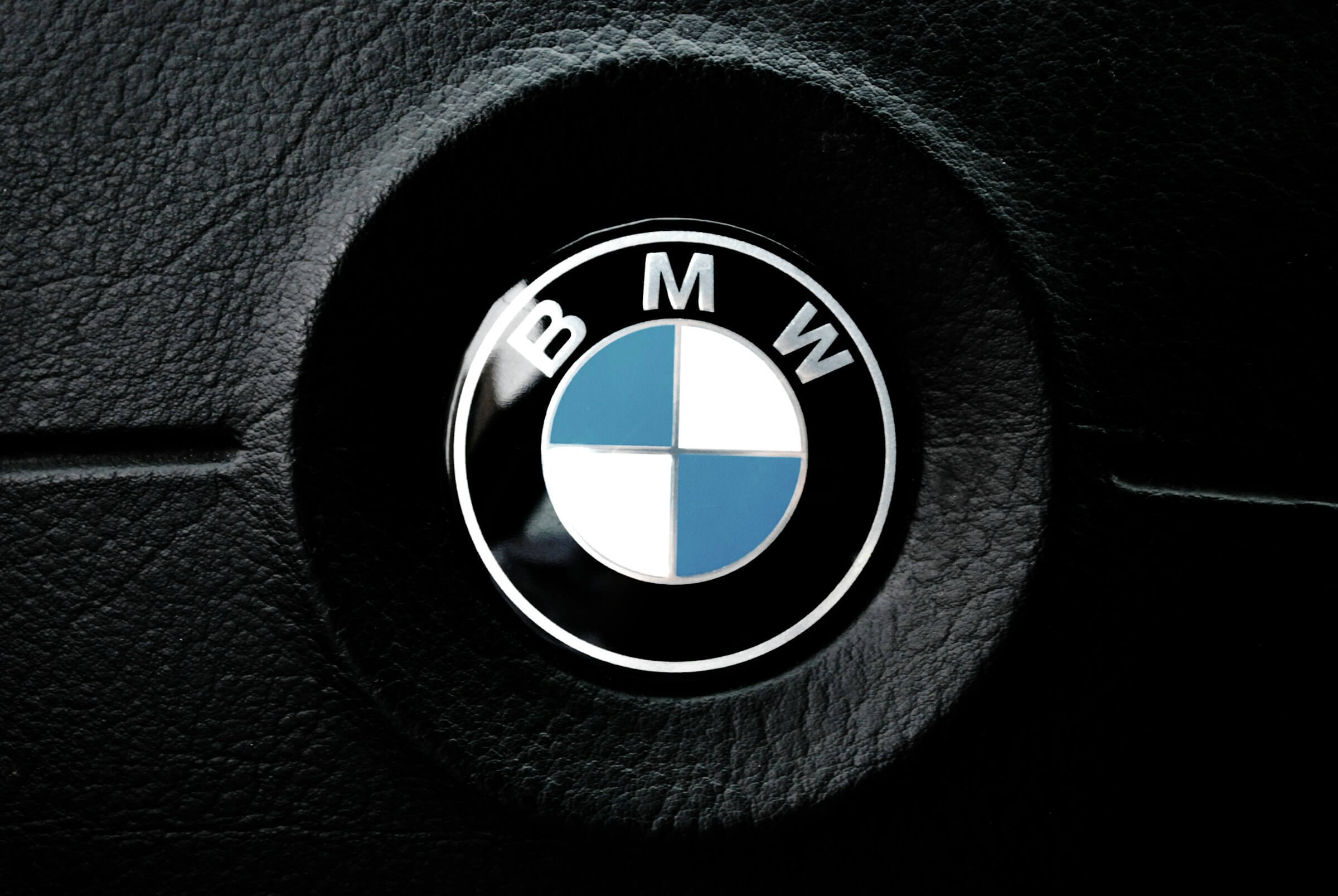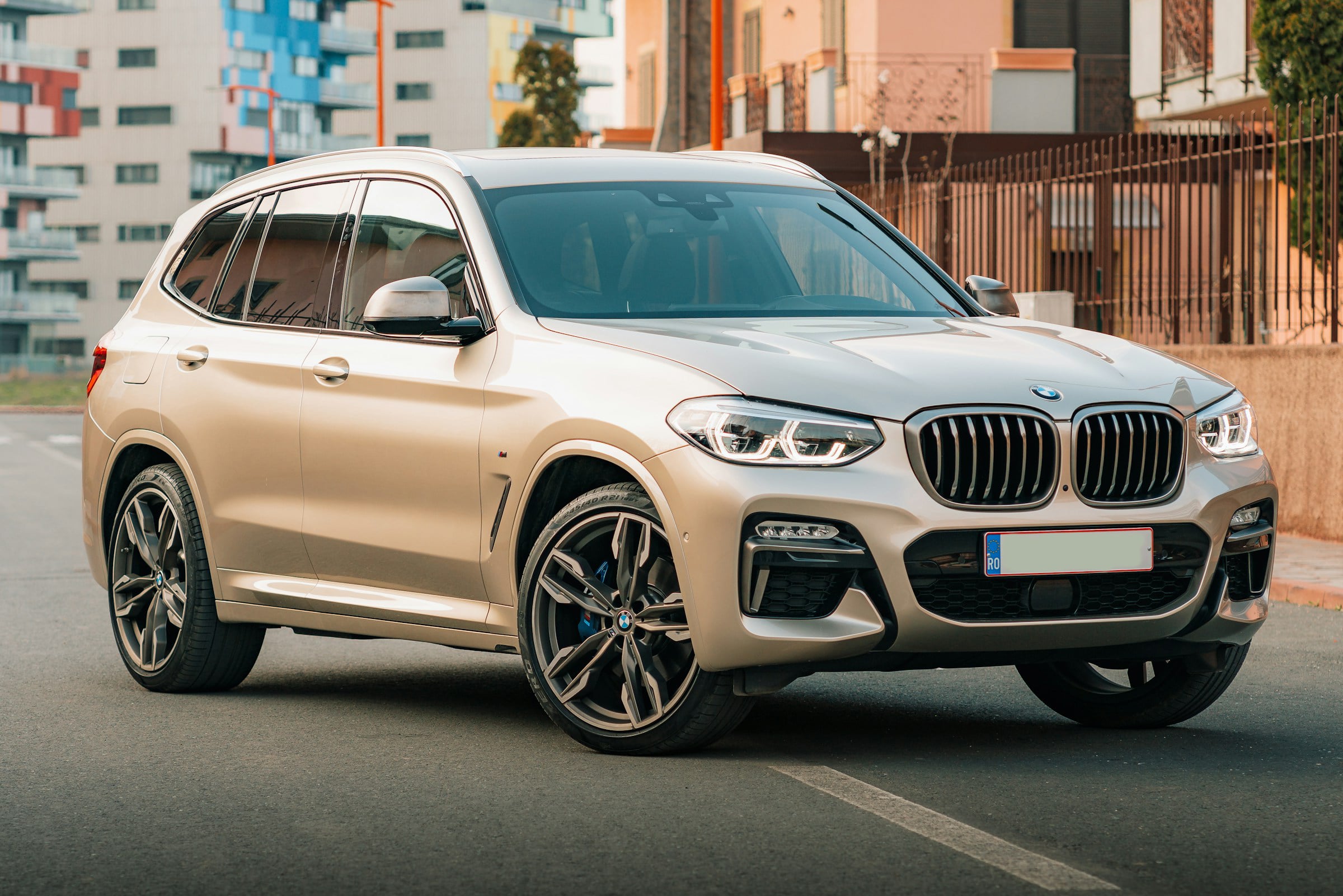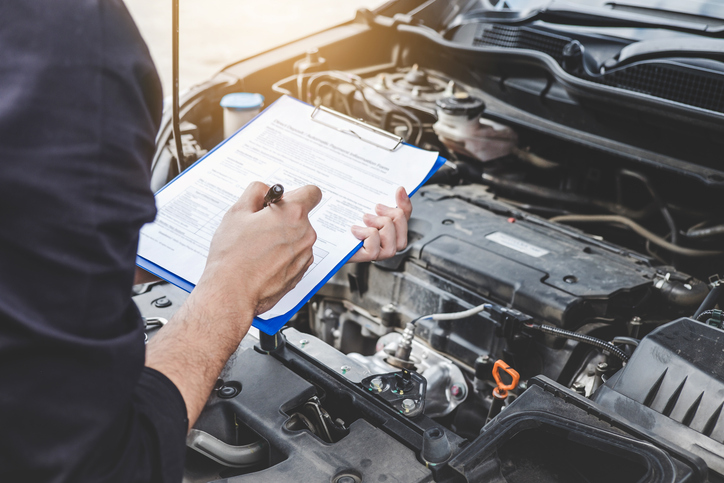We are searching for
--
Please wait. This should take only a few seconds.

We are searching for
--
Please wait. This should take only a few seconds.


Short for Bayerische Motoren Werke, BMW is arguably one of the best German vehicle manufacturers, well-known for reliability and making quality cars. The company is one of the largest players in the automobile industry and one of the most reputable luxury car brands globally. Despite being known for manufacturing quality and high-performance cars, BMW has had reasons to recall some of its vehicles over the past years, just like every other car manufacturer.
Several BMW models have been recalled over the last few decades for various reasons, both minor and major. Some of the biggest BMW recalls in history included recalls for reasons or defects such as coolant leaks, PCV valve heater problems, airbag issues, and steering wheel problems. Others are braking system issues, engine problems, and battery/electrical issues. One of the biggest BMW recalls was in 2017, when the company recalled about 1.4 million vehicles over concerns about fire risks. Similarly, in 2022, BMW issued a recall of approximately 1.03 million over the same potential fire risks.
The following are some of the biggest BMW recall reasons in history:
BMW had several of its vehicles across many model years listed for the Takata Airbag recall by the National Highway Traffic Safety Administration (NHTSA). This BMW recall resulted from defective Takita inflators that could explode during a crash and shower vehicle occupants with hot shrapnel. The NHTSA determined that the airbags were made with ammonium nitrate-based propellant without using a chemical drying agent, increasing the risk of inflators exploding during a crash. At least 37 million units of vehicles were on the BMW recall list for defective Takata airbags. Mostly affected vehicle modes were the 2000-2013 Series, 2008-2013 BMW 1 Series, 2007-2013 X5, and 2010-2011 X6 Hybrid. Others included the 2001-2003 X5, 2008-2014 X6, 2001-2003 5 Series, 2007-2010 X3, and 2008-2014 X6 BMW vehicle models.
Over 76,000 vehicles were affected by the BMW power-assist braking recall in 2013 following the company's discovery of a problem involving the seal disk movement inside the camshaft. The company realized that a defect in the vacuum pump oil supply resulted in the loss of power-assist braking in the affected BMW models. According to BMW, the seal disk movement blocked oil from entering the vacuum pump, leading to abnormal pump operation and, in most cases, a loss of power-assist braking. Before this recall, there were reports of a few minor accidents in relation to power-assist braking issues. Some of the model vehicles on this BMW recall list were the 2012-2014 BMW X1 SAV, 5 Series, 3 Series, X3 SAV, and Z4 (the one with 4-cylinder engines).
Every unit of 2014-2018 BMW i3 vehicles sold in the United States was recalled due to neck injury risks. At the time of this recall, at least 30,000 units of the model years were recalled, and there was a complete stop-sale until BMW resolved the issues. The NHTSA found that the affected vehicles posed a higher risk of sustaining neck injury to smaller adults in the driver seat during a frontal impact crash, particularly when they are not using safety belts.
This BMW recall mostly affected the model years 2010-2017 vehicles with four and six-cylinder diesel engines. The coolant leak problems, which happened within the exhaust gas recirculation module, a part of the vehicle's emissions reduction system, led to an increased risk of fires, especially at high temperatures. Although about 480,000 vehicles were initially affected, the number rose to approximately 1.6 million units globally. While this BMW recall did not include repair for all the vehicles within the affected model years, the company offered free inspection to determine if they were safe to use.
Some BMW vehicle models were recalled because they were incompatible with the Active Lane Keep Assist advanced feature installed. Typically, the Active Lane Keep Assist software warns drivers whenever they keep their hands off the steering wheel, a feature meant to keep vehicle occupants safe. However, the few vehicles affected by this recall could not do that because the sensors were defective from the manufacturer. Affected model years affected by the recall were certain units of 2018-2019 BMW X3 M40i, X3 xDrive30i, and X3 sDrive30i. There were no known reports of crashes or injuries related to this issue because it did not take long for the company to discover the defect.
BMW issued these two recalls at the same time, and it affected about 1 million vehicles. Both issues put the affected six-year-old BMW models at risk of fire. Before issuing this recall, at least 40 parked BMW cars were reported to have spontaneously burst into flames; some were said to have been turned off for several hours or days before the fire incidents.
Mostly affected vehicle models in the BMW blower motor system connector recall are listed below:
The affected models in the BMW PCV valve heater recall include the following vehicles:
While some vehicles were only subject to one of these recalls, others were recalled for both issues and were thoroughly fixed by BMW-certified mechanics.
The BMW driveshaft failure recall resulted from a problem with the driveshaft's universal joint, and it affected over 120,000 SUVs. Generally, dirt and water could enter the joint, and if this happened, it could lead to excess wear and, ultimately, cause joint failure. In such a condition, it becomes difficult to drive the front wheels, affecting the vehicle's handling and traction. The driveshaft failure also posed an increased risk of damage to certain vehicle components and even crashes. The BMW vehicle models majorly affected by the driveshaft failure recall were the 2011-2014 BMW X6 AND X5 SUVs.
Several models of BMW vehicles have been recalled over the past decades for various reasons, including defective heaters, batteries, seat belts, fuel systems, airbags, steering wheels, and other features. For instance, in 2023, at least 155,000 units of certain model years were recalled due to engine problems caused by the camshaft timing bolts loosening. This problem caused the affected vehicles to stall, and the affected vehicles included Model year 2010-2011 3 Series Coupes, X3 xDrive 30is, 3 Series Sports Wagon, Z4 sDrive30i, X3 xDrive 28is, and 5 series Sedan vehicles. Also affected were the model year 2010-2012 1 Series Convertibles, 1 Series Coupes, 3 Series Convertibles, and 3 Series Sedans.
Furthermore, in 2022, BMW recalled over 910,000 vehicles over the risk of engine fires. This recall covered many 2006-2013 5 Series, X3, X5, Z4, 1 Series, and 3 Series vehicles. At least 37 million units of several BMW vehicle models have also been recalled over airbag problems in the past. Generally, the several BMW recalls over the years have caused some brand reputational damage to BMW. In fact, they have shaken consumer trust in the safety and environmental impact of their vehicles. The recalls have also caused the company some operational disruptions and sizable financial consequences.







It is crucial to regularly do a BMW recall lookup to determine whether your vehicle model is subject to recall. Doing this will make the roads safer for vehicle owners and other road users. You can do a BMW recall check by doing the following:
You can also conduct a BMW recall lookup using the My BMW App and taking the following steps:
Any vehicle on the BMW recall list can be fixed for free at any certified BMW service center. You can contact your local certified BMW service center to discuss your concerns and schedule an appointment to get the issues/safety defects fixed.
On certain passenger vehicles, due to improper heat treatment, the rear axle may not have adequate strength in some areas. The rear axle shafts could fail or break after extended use of the vehicle, increasing the risk of a crash.
Recall consequence
On certain passenger vehicles, due to improper heat treatment, the rear axle may not have adequate strength in some areas. The rear axle shafts could fail or break after extended use of the vehicle, increasing the risk of a crash.
Recall action
Dealers will inspect and replace the rear axle hub assemblies. The manufacturer has reported that owner notification will begin during July 2000. Owners who do not receive the free remedy within a reasonable time should contact Toyota at 1-800-331-4331.
On certain passenger vehicles, due to improper heat treatment, the rear axle may not have adequate strength in some areas. The rear axle shafts could fail or break after extended use of the vehicle, increasing the risk of a crash.
Recall consequence
On certain passenger vehicles, due to improper heat treatment, the rear axle may not have adequate strength in some areas. The rear axle shafts could fail or break after extended use of the vehicle, increasing the risk of a crash.
Recall action
Dealers will inspect and replace the rear axle hub assemblies. The manufacturer has reported that owner notification will begin during July 2000. Owners who do not receive the free remedy within a reasonable time should contact Toyota at 1-800-331-4331.
On certain passenger vehicles, due to improper heat treatment, the rear axle may not have adequate strength in some areas. The rear axle shafts could fail or break after extended use of the vehicle, increasing the risk of a crash.
Recall consequence
On certain passenger vehicles, due to improper heat treatment, the rear axle may not have adequate strength in some areas. The rear axle shafts could fail or break after extended use of the vehicle, increasing the risk of a crash.
Recall action
Dealers will inspect and replace the rear axle hub assemblies. The manufacturer has reported that owner notification will begin during July 2000. Owners who do not receive the free remedy within a reasonable time should contact Toyota at 1-800-331-4331.
Checking for a BMW recall is incredibly easy using GoodCar, a vehicle recall lookup website. The website offers real-time updates on vehicle recalls and will inform you if your car is subject to recall upon entering your vehicle's license number or VIN.